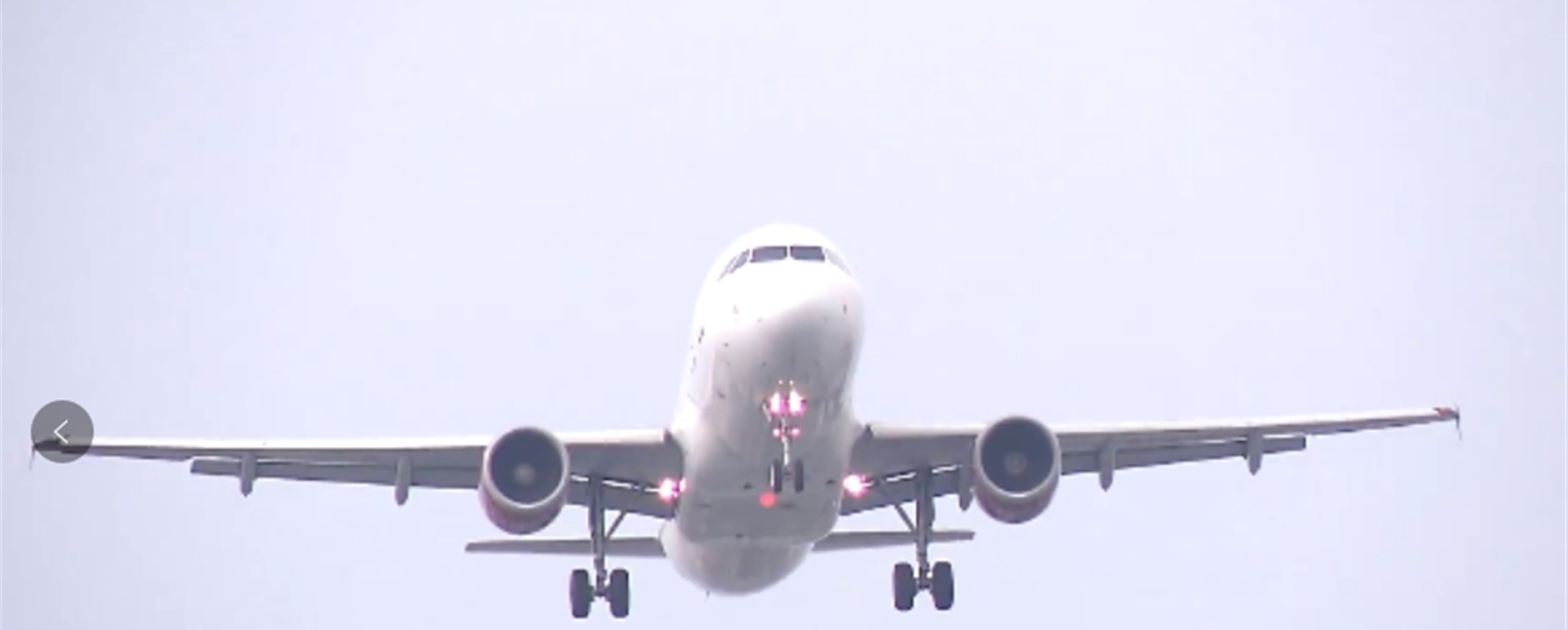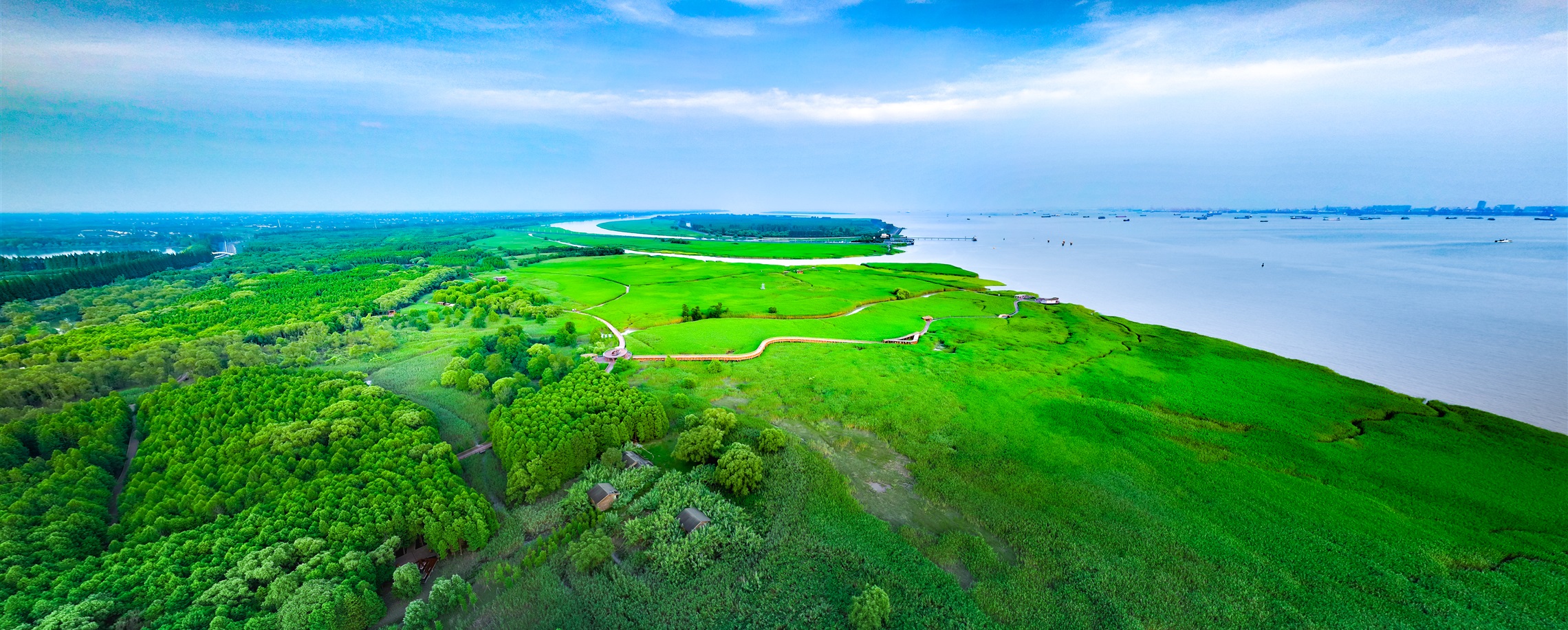Global civilization dialogue highlights shared challenges and new links
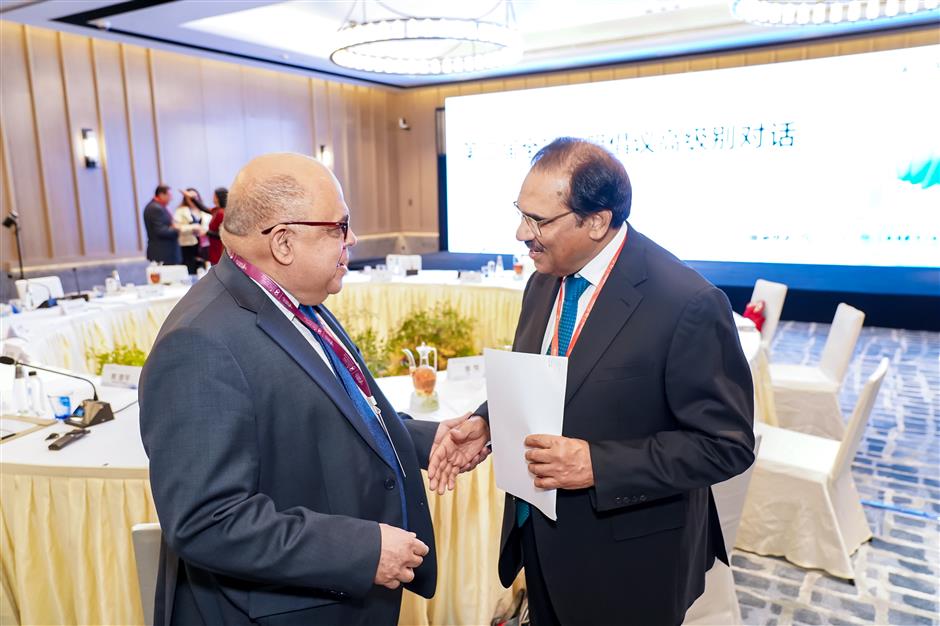
Cultural leaders and policy experts from China and around the world discussed how civilizations can enhance their understanding and collaboration during an era of global uncertainty.
Speakers at the eighth annual conference of the Taihu World Cultural Forum discussed the significance of cultural exchange and its vital role in fostering cooperation.
Alejandra Frausto Guerrero, Mexico City's tourism secretary and former culture minister, underscored the ancient connections between China and Latin America.
She characterized civilizations as "rivers that meet," emphasizing the influence of ancient cultures and contemporary identities on both regions.
She pinpointed clean energy and digital technologies as promising areas for strengthening cultural and economic ties. Her comments aligned with the forum's central theme, which emphasizes the importance of deep cultural foundations for modern cooperation in addressing current global challenges.
Sohail Khan, the Pakistani deputy secretary of the Shanghai Cooperation Organization, emphasized that geopolitical shifts have underscored the need for fresh modes of global engagement. He highlighted the SCO's "Shanghai Spirit," which promotes cultural diversity and practical cooperation.
He remarked that increasing cultural and educational exchanges among SCO member nations exemplifies how diverse societies can coexist harmoniously.
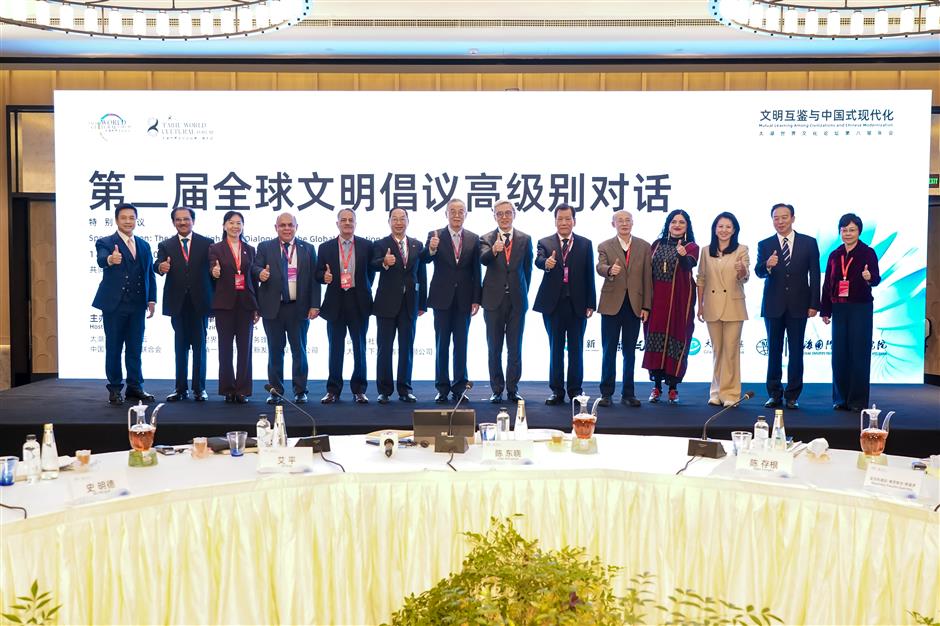
Zafar Uddin Mahmood, former special assistant to the Prime Minister of Pakistan and president of the Understanding China Forum (Pakistan), emphasized that China's extensive cultural heritage has developed without imposing its values on others.
He stated that China's involvement in multilateral platforms such as the UN, SCO, and BRICS promotes dialogue over confrontation and facilitates collaborative responses to global challenges.
Brigadier Vinod Anand, a senior fellow at India's Vivekananda International Foundation, said cultural dialogue has grown increasingly important as nations tackle climate change, technology disparities, and social inequalities.
He pointed out that multilateral organizations are now placing greater emphasis on cultural cooperation, and civil-society exchanges are expanding throughout Asia.
Foreign participants also underscored the significance of institutions beyond just governments. They argued that universities and museums can play crucial roles in safeguarding shared heritage and reducing misunderstandings.
The forum highlighted that the Global Civilization Initiative – proposed by China in 2023 – is transitioning from a theoretical concept to practical collaboration.
Participants noted that effective dialogue now necessitates not only formal exchanges but also city networks, cultural industries, and people-to-people initiatives.
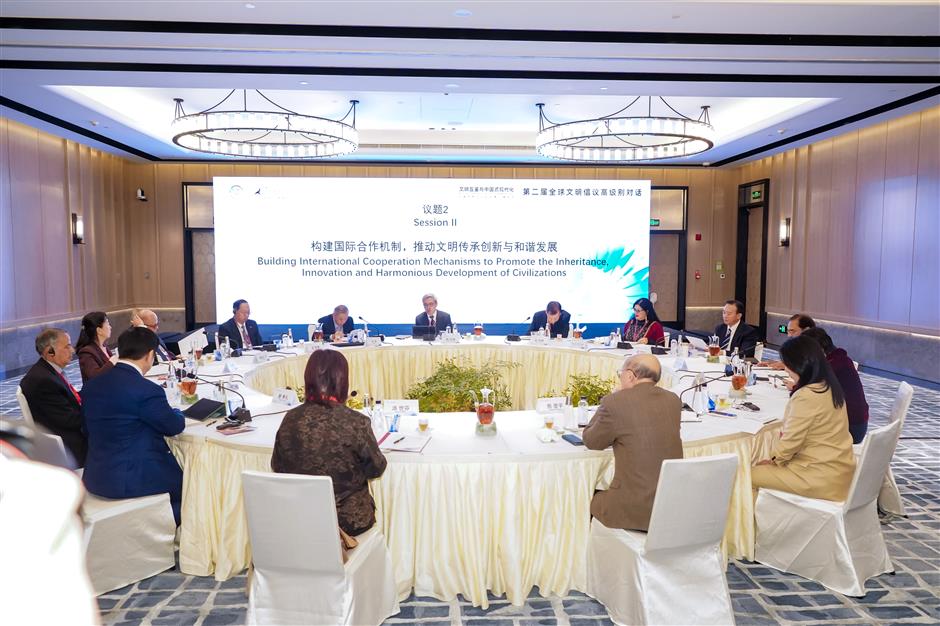
In Case You Missed It...
![[Hai Streets] A Heritage-Rich Stroll From People's Square to the Bund](https://obj.shine.cn/files/2025/11/12/cbacaaee-d0b9-485d-b16a-b1e05cda6d7e_0.jpg)
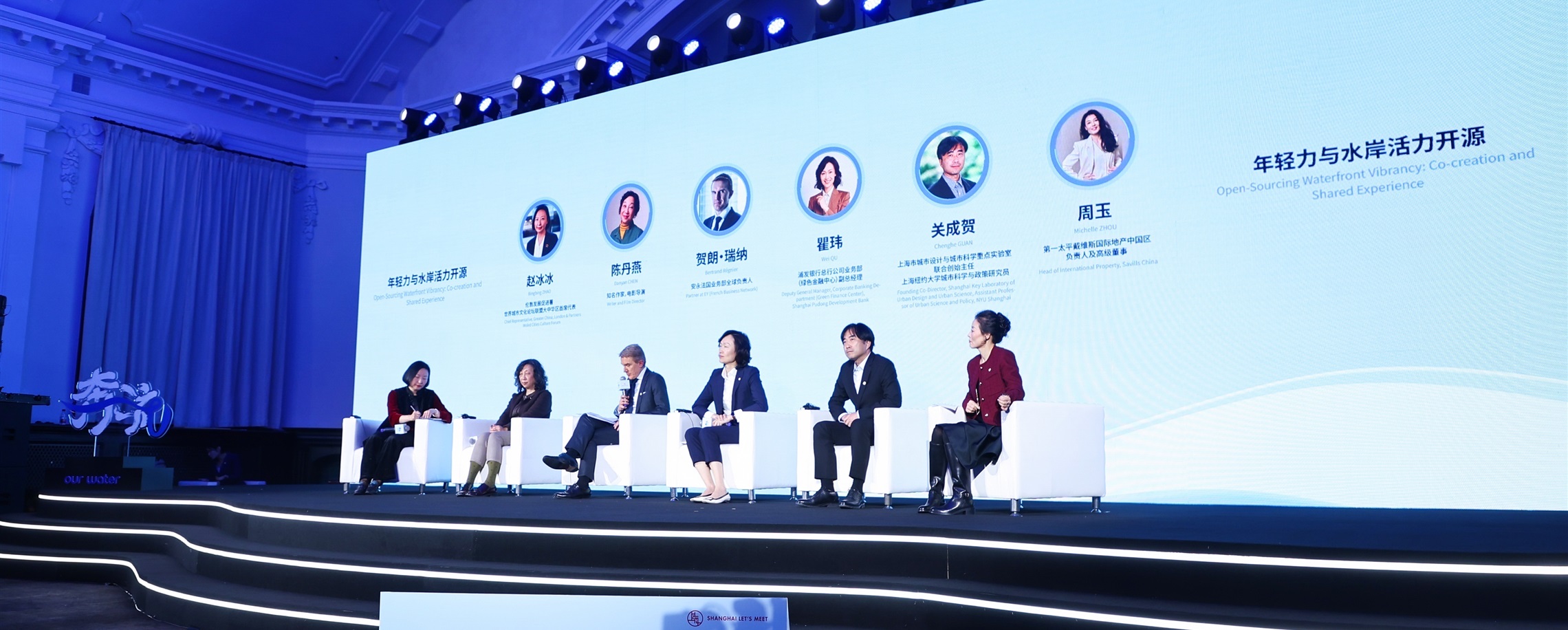
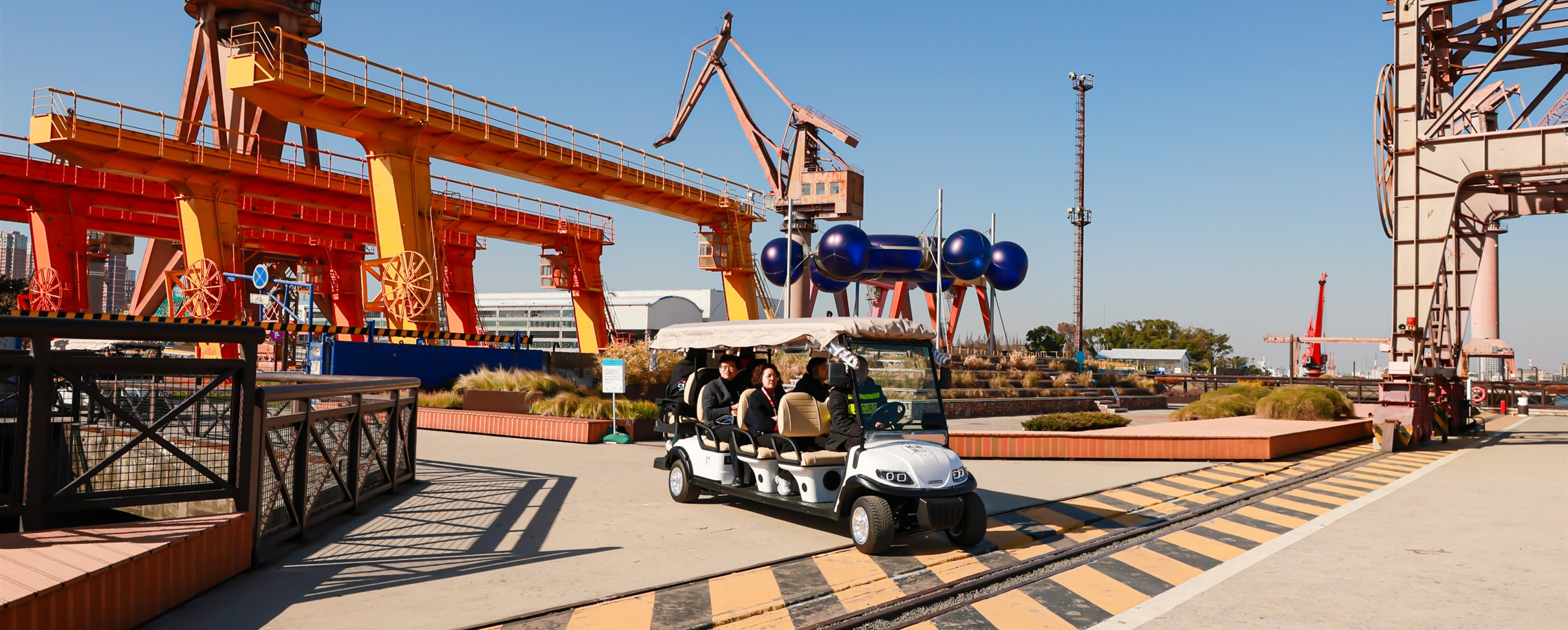
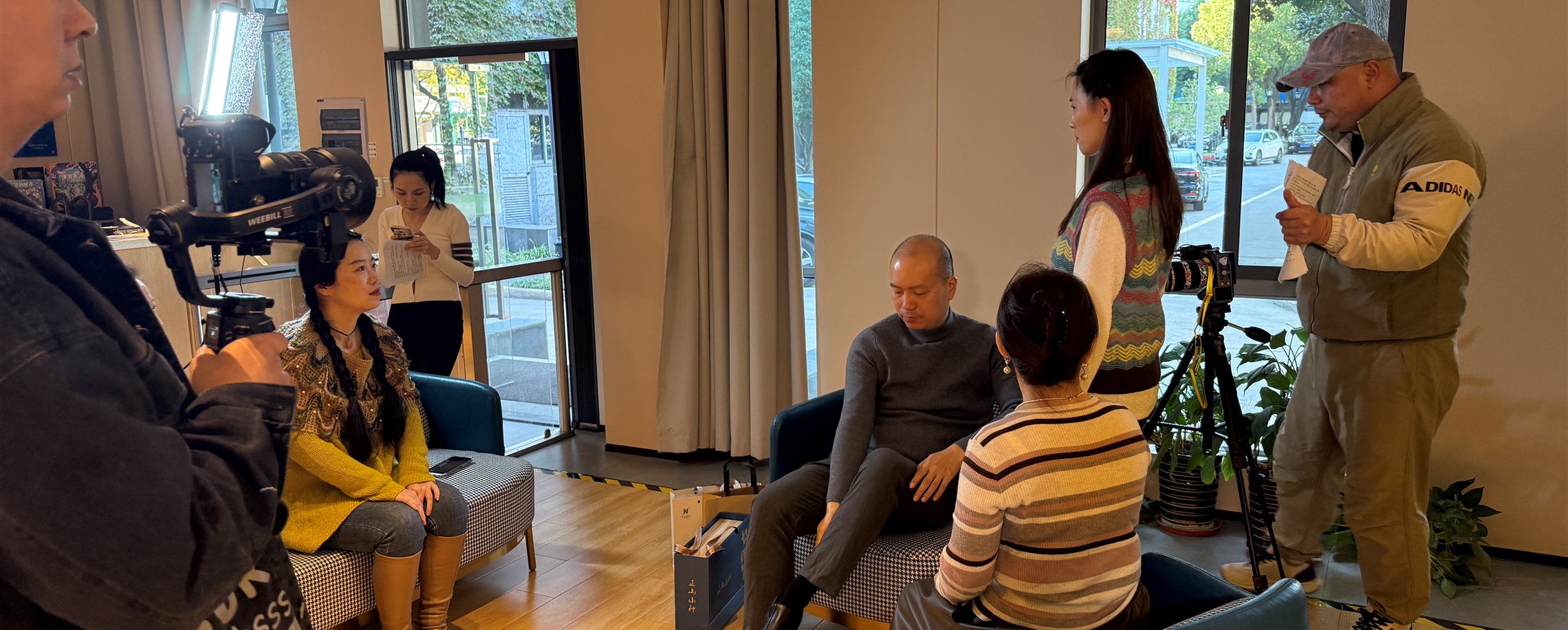

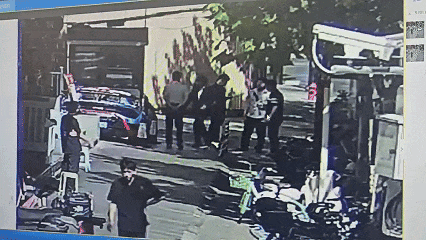
![[China Tech] Shanghai Bone Doctors Find Cause of Osteoarthritis](https://obj.shine.cn/files/2025/11/18/cb950b69-7a0e-4fec-a220-0d9bf74e1665_0.jpg)
